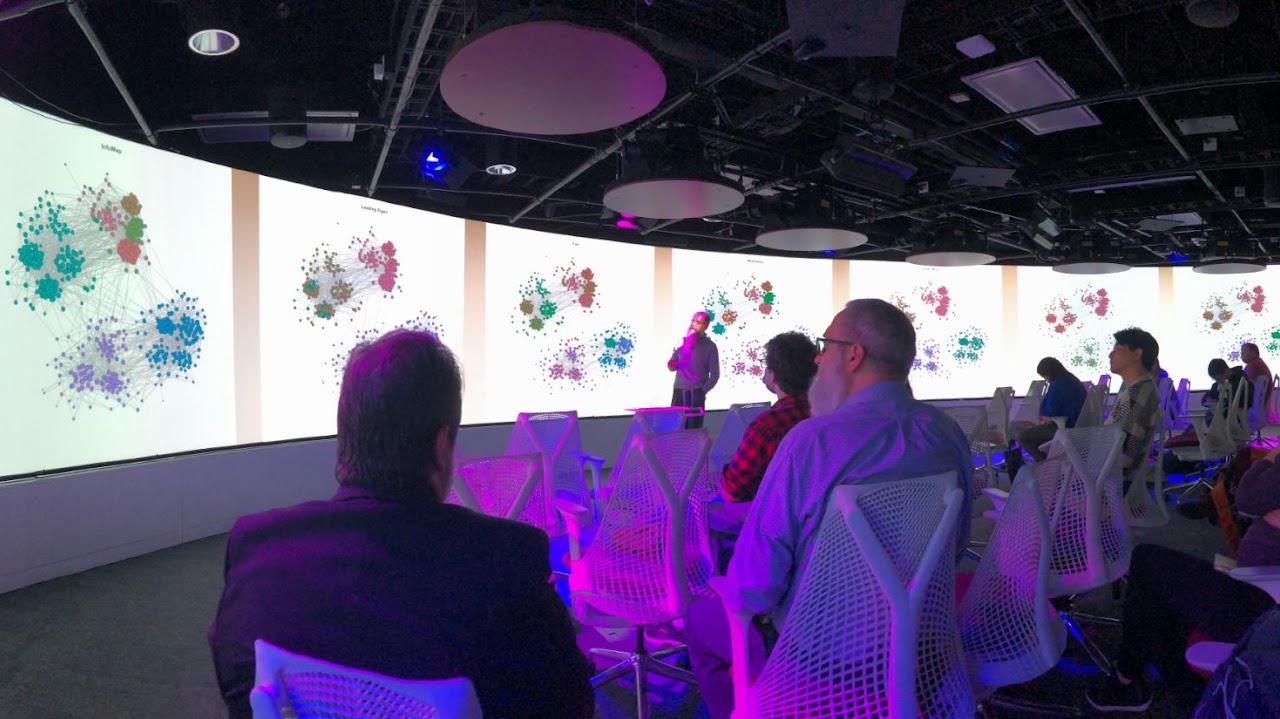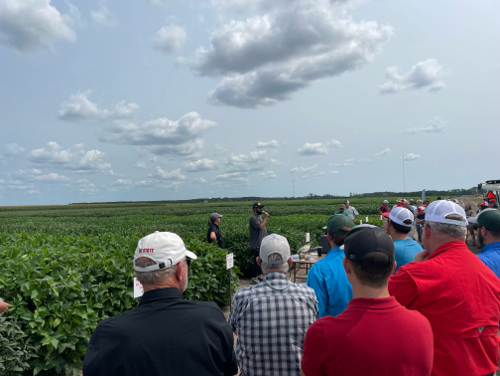Teaching History Through Text Mining

By: Olivia Rojas, DSA Content Writer
In 2022, the DSA funded “Teaching History through Mining Patterns in Primary Source Texts: Using Artificial Intelligence for a student-led inquiry into redlining and data bias,” a project aimed to introduce machine learning into classrooms to foster historical thinking and AI literacy among students.
Spearheaded by a team of researchers at NC State, this project builds upon the success of a 2021 DSA-funded project, “Promoting Youth Critical Data Literacy Through Computing and Community Storytelling With Data,” which was conducted in five high school history classrooms, and employed StoryQ—a cutting-edge web-based text mining and AI modeling platform designed for K-12 education. Students engaged with primary source texts, utilizing StoryQ to uncover patterns, delve into the systemic nature of historical discrimination, and develop a nuanced understanding of bias and data sources within historical narratives.
The project team consists of Dr. Amato Nocera, Dr. Christy Byrd and Dr. Shiyan Jiang from the College of Education. To Nocera, the project is important to teach students about not only the history of systemic racism but also about how bias can creep into data sources — which is an increasingly relevant topic amongst the conversation of artificial intelligence and machine learning.
“We often think about data as this world of objectivity and neutrality, when, in fact, we can see on its face that data is very much a product of humans and their social whirls,” said Nocera. “So helping kids unpack that, because something like AI seems so magical, is part of the goal — to demystify that especially for kids but also for adults and for anybody. The way the discourse around AI treats it as this world of magic when really the fact is it’s just a lot, a lot of data.”
Thanks to the DSA, the team was able to perform in-depth data analysis from the 2021 pilot study and work toward potential collaborations and planning of future project implementations. Also, the team presented the project at the 2023 American Educational Research Association in Chicago, and will be working on a conference paper for that presentation. Following the presentation, the team submitted a paper for publication to Theory and Research in Social Education. It was published on April 10, 2024. Lastly, the team held a workshop during the fall 2023 semester to bring together collaborators and potential partners. At the workshop, the findings thus far were shared and worked as a team to brainstorm future implications and directions for the project.
- Categories:


